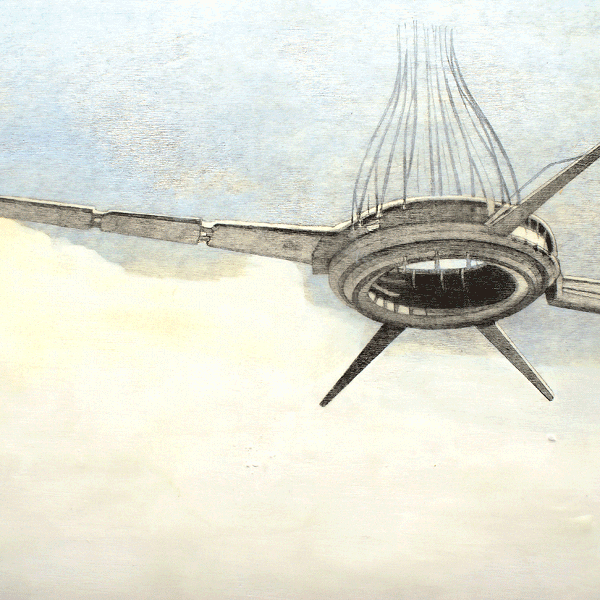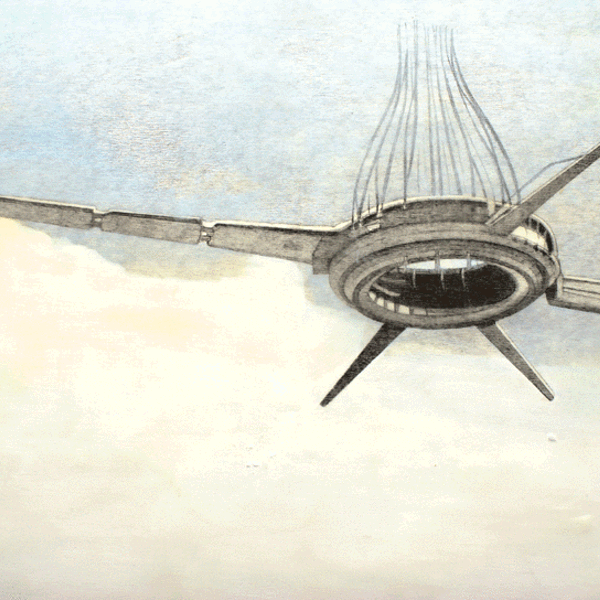Even in times of civilian rule, the army has held great influence over foreign policy, and most notably under Musharraf has taken over wide swaths of the economy. Indeed, it has been said that the military’s role is so dominating that Rawalpindi, the city near Islamabad where the military-security services complex is based, is the country’s real capital. Support for Pakistan’s major fundamentalist parties, the Jamaat-i-Islami and the Jamaat Ulema-i- Islami, has for half a century been a means used by the army to shore up the “Pakistan Ideology” by fostering a religious and even jihadi tone in national life. This is despite the fact, according to Osama Siddique, “that only five to seven percent of the aggregate vote was ever won by religion.”
A series of cataclysmic events following the creation of Pakistan, many of the military’s own making, allowed it to maintain its self-appointed role as “Defender of the Faith,” and have been used to justify its preeminent role. The independence and partition of British India that followed the granting of Jinnah’s demands for a Muslim state was accompanied by massacres that killed a million people, mass exoduses of refugees between the two new countries, and severe economic dislocation. At the same time, a dispute arose over whether the Muslim majority province of Kashmir should be included within India or Pakistan, a conflict which has led to three direct wars between the countries—in 1947, 1965, and 1999—and decades of Pakistani-sponsored Islamic militancy in the territory controlled by India. Jinnah’s insistence that all Muslim majority areas be included in Pakistan initially led to half of Bengal state in eastern India being included as a noncontiguous province a thousand miles apart from the rest of the country. When in 1971 the more-liberal Bengalis proved restive under Islamic nationalist rule and managed to elect a secular social democrat from their province, Sheikh Mujibur Rahman, as prime minister of Pakistan, the army responded by unleashing a genocide that killed hundreds of thousands of people. This ended when India intervened to stop the killing, forced the surrender of the 92,000 Pakistani soldiers, and created the independent country of Bangladesh.
Islamic nationalists continually flag these past traumas as proof of the accuracy of their ideological narrative.
Pakistan’s comparatively undeveloped economy has never been sufficient to sustain its 500,000-man military armed with modern weaponry, and in order to pursue policies justified under this “Pakistan ideology,” Rawalpindi has traditionally turned to America. Unable to enlist neutral India into the Cold War and confronted by an Asia loomed over by communist Russia and China, Washington solicited conservative Islamic Pakistan as an anticommunist ally. Since then, it has periodically provided Pakistan with massive infusions of military aid, most notably during the 1980s Soviet invasion of Afghanistan, when Pakistan was the staging ground of the Afghan mujahideen.
THE 9/11 CONNECTION
This policy appeared to end in triumphant justification when the American-Pakistani-Mujahideen alliance forced the Soviets to withdraw in 1989, but the hard-line jihadi cast that Rawalpindi gave to that conflict had severe repercussions. Focused on driving India out of Kashmir, the Pakistani military adopted a “gaining strategic depth” doctrine: dominate Afghanistan by means of a friendly government. Since secular Afghan governments had long made territorial claims to the North-West Frontier Province due to its being inhabited by the same Pashtun who are the dominant ethnic group in Afghanistan, support was given—similarly in Pakistan and Kashmir—to political groups whose focus was religion, not ethnicity. In the early 1990’s, Pakistan’s top national security agency, Inter Services Intelligence (ISI), backed the Islamist Pashtun warlord Gulbaddin Hekmatyar’s drive to capture Kabul. When he failed, ISI switched its support to the Taliban, whose harboring of Osama bin Laden eventually helped to foster the events 9/11. It was then Washington gave its ultimatum to Musharraf, and his acceptance opened the way to another era of heavy United States backing of the Pakistani military.
Given Rawalpindi’s record and its set of core beliefs, the question of whether this is an alliance of conviction or convenience has been raised. “The Bush administration’s failures in understanding both Musharraf and Pakistan are plentiful,” said Stephen Philip Cohen, the author of The Idea of Pakistan and the leading American authority on the country. “They really have no Pakistan expertise, and went with Musharraf the same way Bush went with Putin.”















